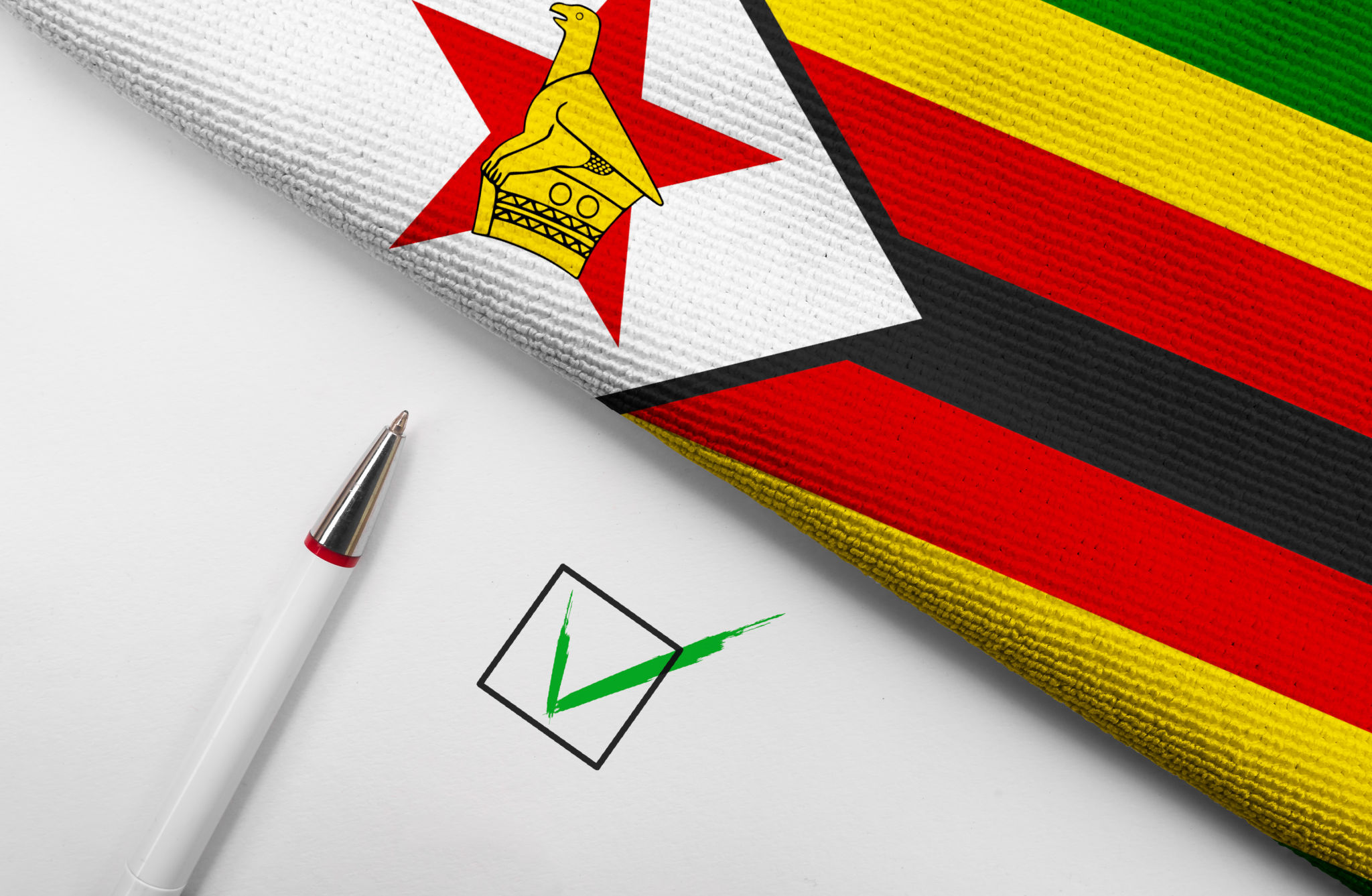How to Conduct Effective Surveys in Zimbabwe: A Comprehensive Guide
Understanding the Importance of Surveys in Zimbabwe
Surveys are a crucial tool for gathering data and insights, especially in rapidly developing regions like Zimbabwe. They provide businesses, governmental organizations, and NGOs with the necessary information to make informed decisions. By understanding public opinion, preferences, and needs, these entities can tailor their strategies to better serve the community. In Zimbabwe, where diverse cultural and economic factors come into play, conducting effective surveys is key to drawing accurate conclusions.

Planning Your Survey
Before conducting a survey, it is essential to carefully plan the process. Start by defining the objective of your survey. What is the primary information you wish to gather? A clear objective will guide the entire process. Next, consider your target audience. Understanding who you need to reach will influence your survey's design and distribution methods. Lastly, decide on the type of survey you will conduct—be it online, face-to-face, or telephonic.
Designing the Questionnaire
The design of your questionnaire is critical in obtaining accurate and useful data. Ensure that your questions are clear, concise, and unbiased. Use a mix of closed and open-ended questions to gather both quantitative and qualitative data. Be mindful of the language used, taking into account the diverse linguistic landscape in Zimbabwe. Also, limit the number of questions to avoid respondent fatigue.

Choosing the Right Distribution Channels
The method of distribution can significantly impact the effectiveness of your survey. In Zimbabwe, consider leveraging both traditional and digital channels. While digital surveys are becoming increasingly popular and cost-effective, reaching rural areas may still require traditional methods such as face-to-face interviews or paper surveys. Consider using mobile technology to reach a wider audience, as mobile phone penetration is high in Zimbabwe.
Incentivizing Participation
Participation rates can be improved by offering incentives. These need not be extravagant; simple rewards such as airtime credits or entry into a prize draw can motivate respondents. Clearly communicate any incentives at the start of the survey to encourage participation from the outset.

Collecting and Analyzing Data
Once your survey is conducted, the next step is data collection and analysis. Use reliable data collection methods to ensure accuracy. Digital tools can help in organizing and analyzing large volumes of data efficiently. Pay attention to trends and patterns that emerge from the data and keep an eye out for any anomalies that might require further investigation.
Reporting Your Findings
The final step in conducting an effective survey is reporting your findings. Create comprehensive reports that highlight key insights and actionable recommendations. Use visual aids such as charts and graphs to make your data more accessible to stakeholders. Remember to tailor your report to your audience, focusing on information that is most relevant to them.

Implementing Changes Based on Survey Results
The ultimate goal of any survey is to implement changes that address the insights gathered. Whether you are a business looking to improve customer satisfaction or a government body aiming to enhance public services, using survey results effectively can lead to positive outcomes. Evaluate which areas require immediate attention and develop strategies to address these needs.
By following these steps, you can conduct effective surveys in Zimbabwe that provide valuable insights and drive meaningful change. Surveys not only help in understanding current trends but also in predicting future needs, making them an indispensable tool in today's data-driven world.
